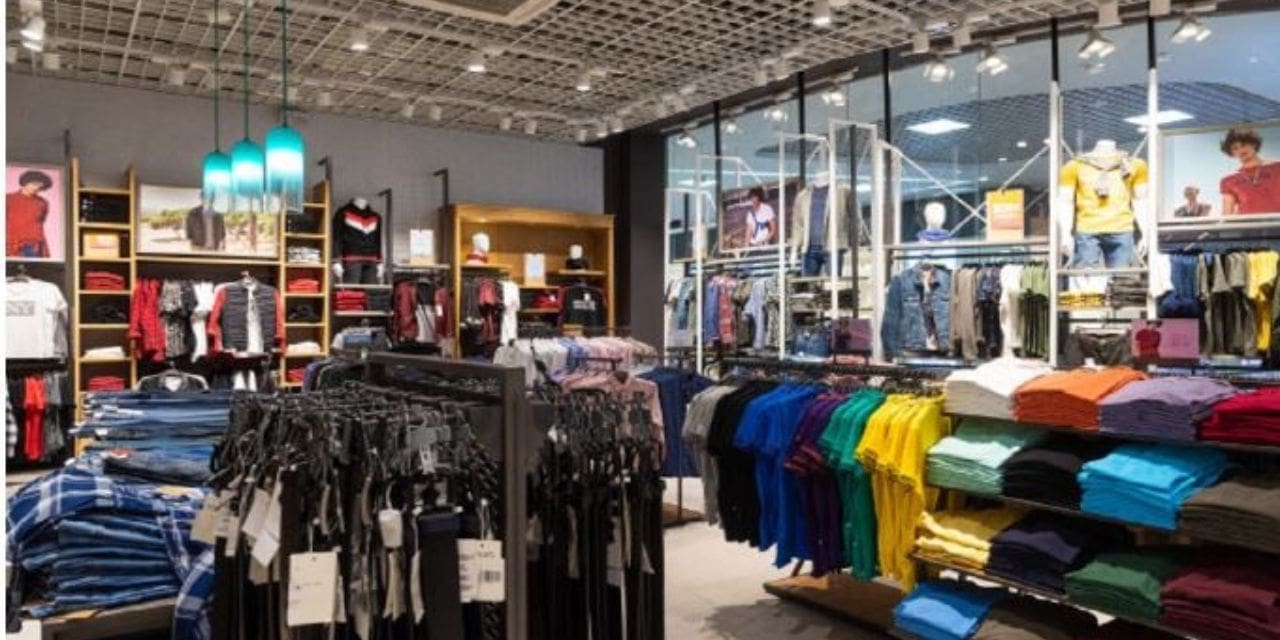-By Ankita Dutta
In recent times, India’s domestic fashion industry has witnessed an unprecedented surge in growth, particularly in Tier II and III cities. A report by the Confederation of Indian Industry reveals that domestic fashion brands made up almost 60% of the Indian fashion market in 2020 and are expected to continue growing at a compound annual rate of 10% from 2020 to 2025. Leading domestic fashion brands like Allen Solly, Van Heusen, and Peter England are keen on expanding their presence in these cities where they already have a strong hold.
Sparky, a brand with a “Make in India” ethos that produces a range of premium products for men such as denim, t-shirts, hoodies, sweatshirts, chinos, jackets, and lowers, is gaining considerable traction across the country. The fact that domestic fashion brands are experiencing such widespread success can be attributed to their ability to manufacture products that cater to the needs and preferences of Indian consumers, Says Sparky founder JK Jain. Domestic fashion brands understand the cultural nuances and sensibilities of the Indian market and can create products that reflect an understanding of the same.
Furthermore, domestic brands have enjoyed an advantage over international brands by offering their products at more affordable prices, which is critical in price-sensitive Tier II and III cities. This affordability factor has not only helped them gain a competitive edge, but also helped them capture considerable market share in these cities.
Indian fashion designers have achieved global recognition in recent years for their creativity and innovation, and they continue to push boundaries with their creativity and forward-thinking designs. Domestic fashion companies have also played a crucial role in positioning India as a global fashion hub by not only staying on-trend, but also incorporating traditional cultural elements into their products. For instance, Allen Solly offers sarees with western influences, while Van Heusen has a line of kurtas with modern design elements. Such fusion styles have not only appealed to domestic consumers, but have also earned the appreciation of global buyers and investors.
Domestic fashion companies are also investing heavily in their digital presence, as online shopping gains popularity in the country. Technology has become an essential tool for businesses to keep pace with their competition in the fashion industry, as well as improve customer experience. To achieve this, companies like Peter England and Van Heusen have even launched online marketplaces dedicated solely to their products.

